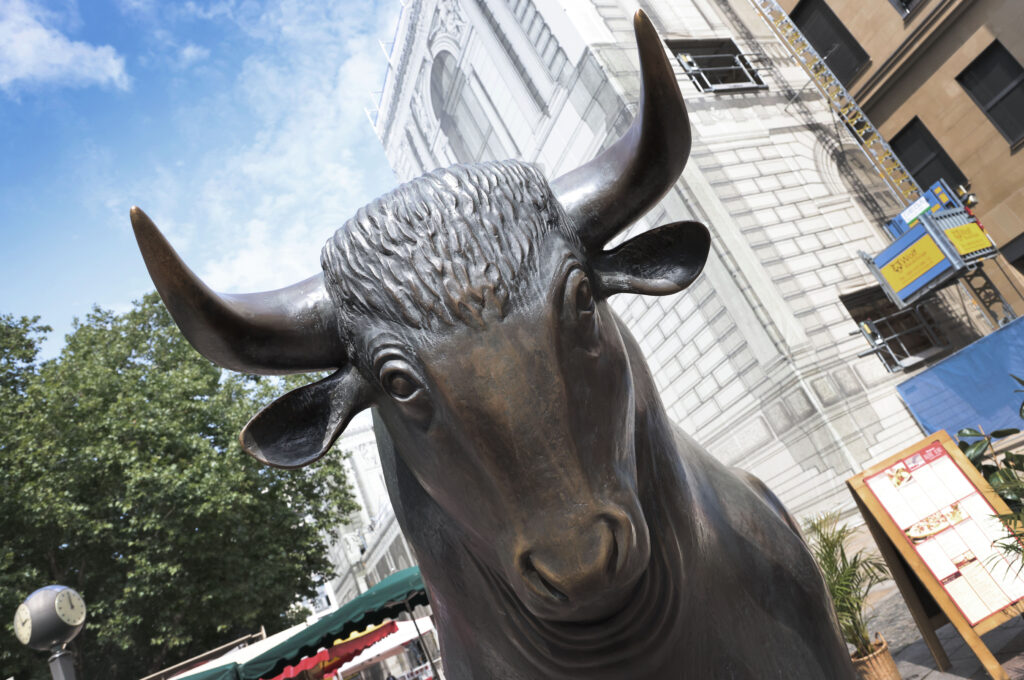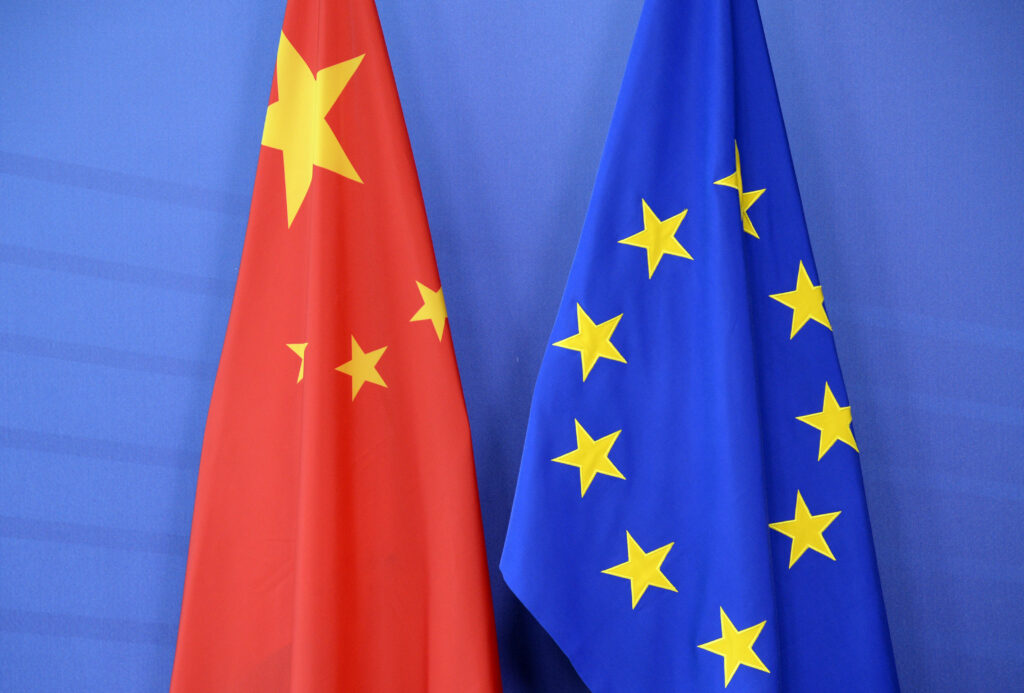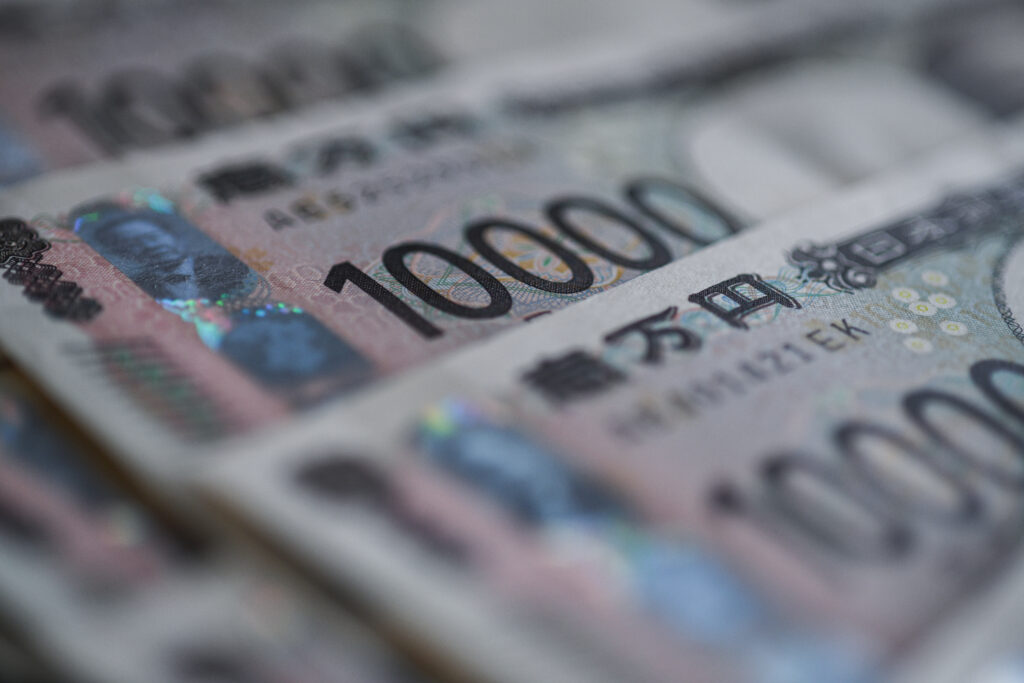Stocks slip on strong US growth data
Wall Street’s main stock indices briefly slid lower on Tuesday as much stronger-than-expected US growth figures befuddled hopes for further interest rate cuts, while gold and silver struck fresh records.US economic growth in the third quarter came in at 4.3 percent on an annualised basis, easily topping expectations, as consumer and government spending rose.Equities had been buoyed in recent weeks by expectations the Federal Reserve would lower borrowing costs further in 2026, with data showing US unemployment rising and inflation easing. The strong figures could persuade the US Federal Reserve to hold off on further interest rate cuts in 2026.”The key takeaway from the report is that the US economy was certainly running on the warm side” in the third quarter, said Briefing.com analyst Patrick O’Hare.”That will stir some concerns about the Fed’s recent decision to cut rates in December and the risk of stoking increased inflation in pursuit of keeping the economy on a growth trajectory,” he added.Wall Street’s main indices moved lower at the start of trading in New York, but both the S&P 500 and Nasdaq quickly pushed into positive territory.Before the US GDP data was released precious metals pushed higher on the back of expectations for more US rate cuts, which makes them more attractive to investors.Gold jumped to a high above $4,497 per ounce, while silver was just short of $70 an ounce, with the US blockade against Venezuela and the Ukraine conflict adding support.Copper, which is used in electric vehicle batteries and solar panels, hit a record price of $12,159.50 per tonne.”Silver and above all copper are benefitting from structural support from the energy transition, electrification the colossal needs for digital infrastructure and artificial intelligence,” said John Plassard, an analyst at Cite Gestion Private Bank.Europe’s main stock markets were mixed in afternoon trading.”European stock markets appear to have entered a period of consolidation as we head into the final trading days of 2025,” said Joshua Mahony, chief market analyst at Scope Markets.”With the Santa rally period traditionally taking place over the final five days of the year, investors will be hoping that the bulls are gathering momentum for a final push tomorrow onwards,” he added.Asian markets enjoyed a bright start, although some stuttered as the day wore on.Shanghai was higher, while Hong Kong dipped and Tokyo closed flat.On currency markets, the yen extended gains after Japan’s Finance Minister Satsuki Katayama flagged authorities’ powers to step in to support the unit, citing speculative moves in markets.The yen suffered heavy selling after Bank of Japan boss Kazuo Ueda held off signalling another rate hike anytime soon following last week’s increase.In company news, shares in Danish pharmaceutical giant Novo Nordisk jumped more than eight percent after the US approved its popular GLP-1 anti-obesity drug Wegovy to be administered in pill form for weight loss.- Key figures at around 1430 GMT – New York – Dow: DOWN 0.2 percent at 48,286.54New York – S&P 500: DOWN less than 0.1 percent at 6,873.79New York – Nasdaq Composite: DOWN less than 0.1 percent at 23,407.70London – FTSE 100: FLAT at 9,868.85Paris – CAC 40: DOWN 0.2 percent at 8,109.06Frankfurt – DAX: UP 0.3 percent at 24,330.51Tokyo – Nikkei 225: FLAT at 50,412.87 (close)Hong Kong – Hang Seng Index: DOWN 0.1 percent at 25,774.14 (close)Shanghai – Composite: UP 0.1 percent at 3,919.98 (close)Dollar/yen: DOWN at 156.45 yen from 156.99 yen on MondayEuro/dollar: UP at $1.1773 from $1.1756Pound/dollar: UP at $1.3494 from $1.3458Euro/pound: DOWN at 87.25 pence from 87.35 penceWest Texas Intermediate: UP less than 0.1 percent at $58.05 per barrelBrent North Sea Crude: FLAT at $62.05 per barrelburs-rl/rmb




